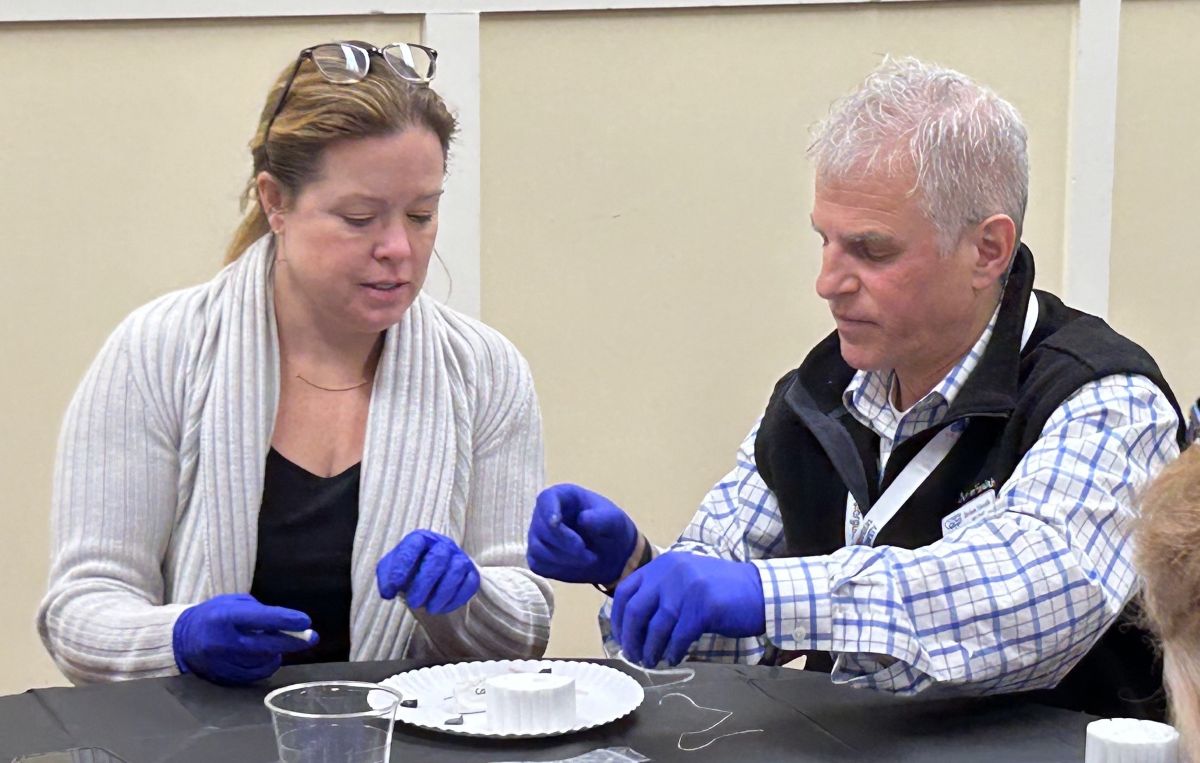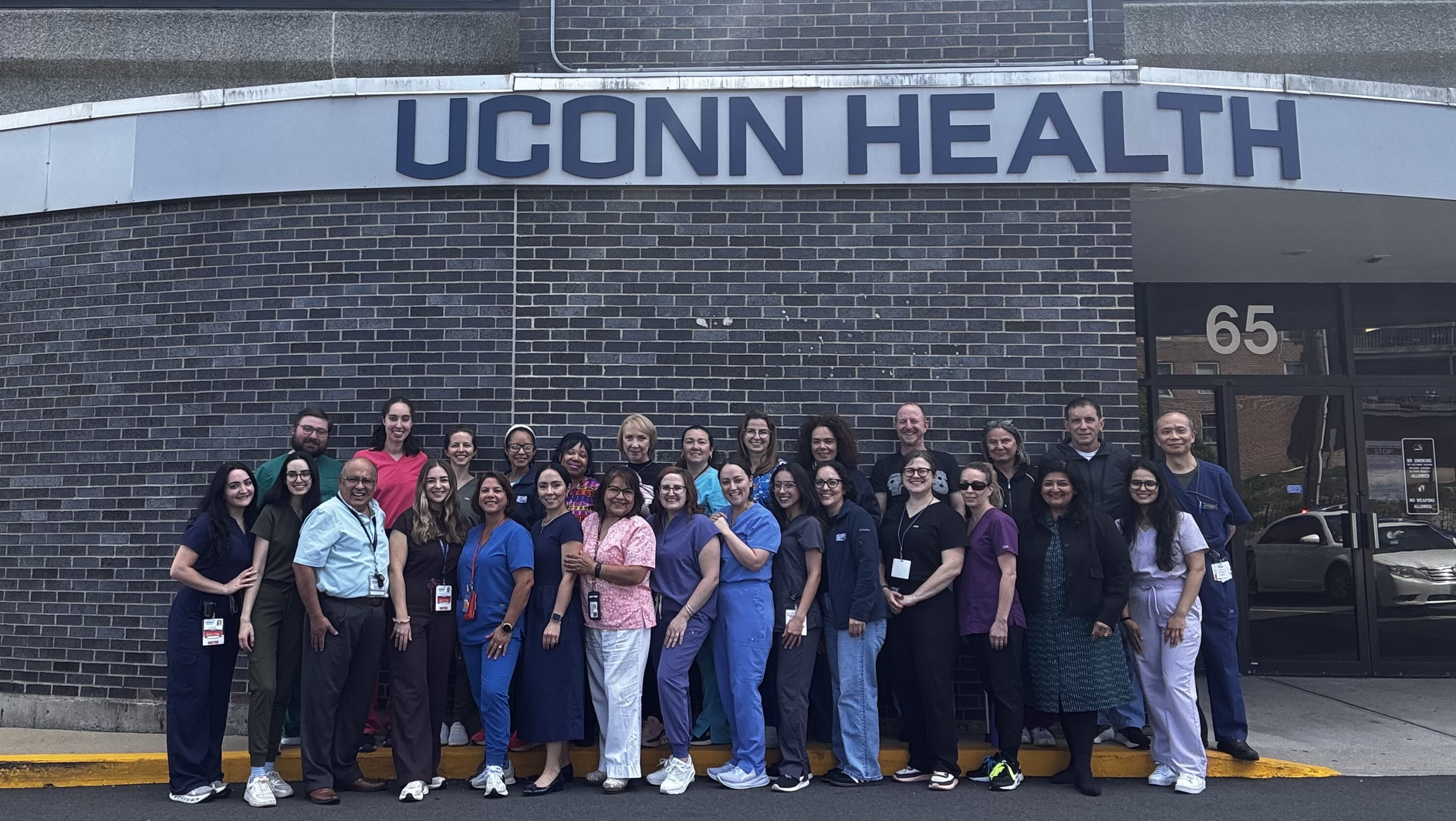The present study found that the prevalence of exclusive breastfeeding for 6 months postpartum among healthcare workers in Southwest China was 47.0%. Healthcare workers with adequate pregnancy-related breastfeeding knowledge and strong family support were more likely to sustain exclusive breastfeeding for 6 months. Notably, workplace factors—particularly shift work schedules—emerged as a critical barrier to exclusive breastfeeding in this population. These findings align with previous evidence suggesting that sufficient breastfeeding knowledge, mastery of practical breastfeeding skills, and enhanced support systems may improve breastfeeding success rates and prolong breastfeeding duration [22,23,24,25].
Consistent with challenges reported in the general population, healthcare workers experienced several difficulties during breastfeeding. Nipple and breast-related issues were the most common, reported by approximately 68.8% of participants, highlighting that despite professional expertise, healthcare workers still encounter practical breastfeeding difficulties, underscoring the necessity for additional targeted guidance and clinical support [18]. Work-related barriers affected 47.0% of participants, primarily due to demanding work schedules and occupational pressures, especially following return to work [16]. To mitigate these challenges and enhance breastfeeding success and duration, it is recommended that workplace lactation support facilities be improved, prenatal breastfeeding counseling be actively promoted among healthcare workers, and systematic breastfeeding education programs be implemented within delivery units. Furthermore, proactive technical training to address common breastfeeding difficulties is essential [26, 27].
Independent factors influencing healthcare workers’ ability to maintain exclusive breastfeeding for six months include parity, attendance at breastfeeding outpatient consultations during pregnancy, three-shift work resumption and family support. Multiparous mothers tend to have greater breastfeeding experience and confidence, enabling them to better manage related challenges and thus prolong the duration of exclusive breastfeeding. This aligns with previous evidence indicating a significant positive correlation between maternal confidence and both the initiation and duration of breastfeeding [28], as confidence plays a pivotal role in helping mothers navigate difficult moments during breastfeeding [29, 30].
In the present study, among 229 healthcare workers who engaged in shift work within 6 months postpartum, 143 mothers had exclusive breastfeeding durations of less than 5 months. Globally, healthcare institutions commonly adopt shift systems to ensure 24-hour uninterrupted patient care; however, this work model imposes potential adverse effects on healthcare workers’ health—such as disrupting circadian rhythms and inducing metabolic disorders [31]. A qualitative study noted that mothers working shifts encounter multiple challenges in breastfeeding, including accumulated work pressure, extended working hours, psychological stress responses, and insufficient milk supply [32]. Specifically, shift-working mothers tend to have shorter breastfeeding durations, and this phenomenon is more pronounced among healthcare workers with longer working hours and comorbid depressive symptoms [33]. Notably, the provision of lactation rooms and dedicated milk expression breaks has been identified as positive factors facilitating the continuation of breastfeeding among shift workers after returning to work [34]. Therefore, to improve breastfeeding success rates and prolong its duration, it is imperative to implement additional supportive policies and optimize breastfeeding support facilities and spaces in the workplace.
The family support system represents a key determinant of breastfeeding duration. The present study confirms that family support exerts a significant influence on exclusive breastfeeding duration among healthcare workers, consistent with prior research emphasizing its critical role in extending exclusive breastfeeding [35]. Similarly, a study demonstrated that enhanced familial support reduces the incidence of breastfeeding difficulties while prolonging breastfeeding duration [36]. Additionally, a systematic review underscored that comprehensive family support is integral to promoting breastfeeding practices [37]. Accordingly, strengthening targeted dissemination of breastfeeding knowledge to enhance families’ cognitive awareness and practical competencies may improve both the rate and duration of exclusive breastfeeding.
A qualitative study in the United States noted that frontline working mothers persisted in their roles during the pandemic, thereby encountering challenges to breastfeeding [38]. However, stratified analysis in the present study revealed no significant between-group differences (χ² = 0.51, p = 0.78), with post-hoc pairwise comparisons also yielding no statistical significance (all p > 0.05). These findings indicate that the COVID-19 pandemic exerted minimal influence on the duration of exclusive breastfeeding among our study participants. In China, healthcare workers’ working patterns and policies (e.g., shift schedules, maternity leave, and breastfeeding leave) remained consistent during the pandemic with those in the pre-pandemic period. Given that this study encompasses the pre-pandemic, acute pandemic, and recovery phases, it is crucial to consider the psychological impacts of the pandemic on pregnant women, mothers, and infants—such as insufficient milk supply, concerns regarding vaccine safety, and constrained support systems [39, 40]. Notably, data collection in this study primarily depended on mothers’ retrospective recall of past experiences, and retrospectively assessed psychological states might have deviated from real-time circumstances, potentially restricting the generalizability of the results. Therefore, although the present study did not investigate the impact of psychological factors on the duration of exclusive breastfeeding, this constitutes a critical consideration for future research.
The present study successfully developed a nomogram prediction model, with internal validation confirming good discriminative ability and accuracy. In clinical practice, this nomogram can be applied to calculate scores for individuals based on relevant factors, and the probability of exclusive breastfeeding success can be estimated according to the total score. This approach may guide early clinical interventions, enabling the implementation of targeted measures to improve breastfeeding success rates and prolong breastfeeding duration.
This study has several limitations. First, owing to time and resource constraints, the sample size was modest. Second, including only participants with breastfeeding experience (excluding exclusively formula-fed infants) limits generalizability to this subgroup. Furthermore, data on exclusive breastfeeding duration relied on maternal recall, potentially introducing recall bias. Additionally, healthcare workers, as a specialized occupational group, have distinct characteristics and breastfeeding challenges compared to non-healthcare professionals. Moreover, spanning pre-pandemic, acute pandemic, and recovery phases, this study may not reflect non-pandemic breastfeeding patterns, thereby further restricting generalizability to non-healthcare mothers or non-pandemic periods. In light of these limitations, future research should use larger, multi-center, and rigorously designed studies to better estimate exclusive breastfeeding rates. Meanwhile, given the predominance of cross-sectional designs in this field, cohort studies are recommended to better track influencing factors.
link







More Stories
Accessing resources to support breastfeeding mothers
KPJ Healthcare Reinforces Commitment To Maternal And Child Health Via MADANI BFHI Tour
Healthcare teamwork promotes successful breastfeeding